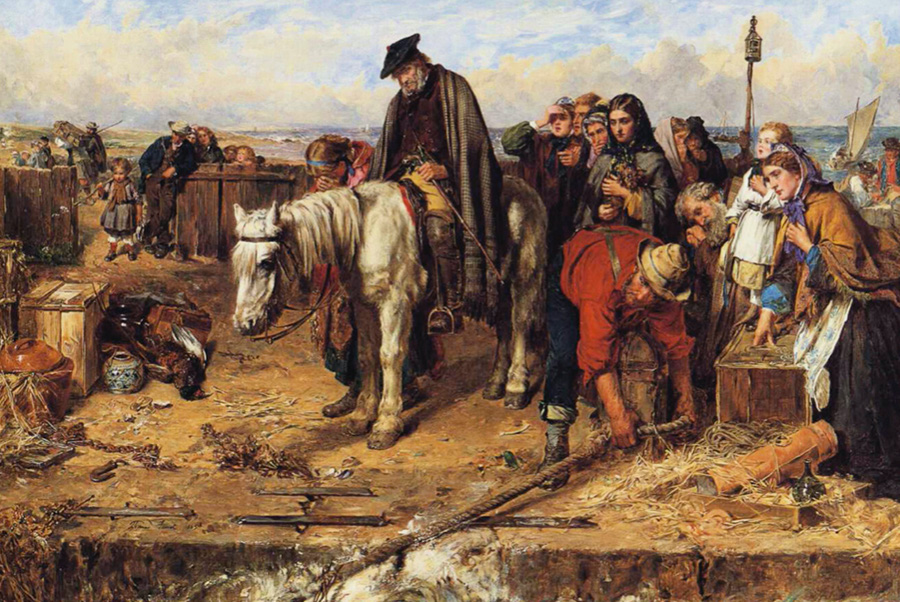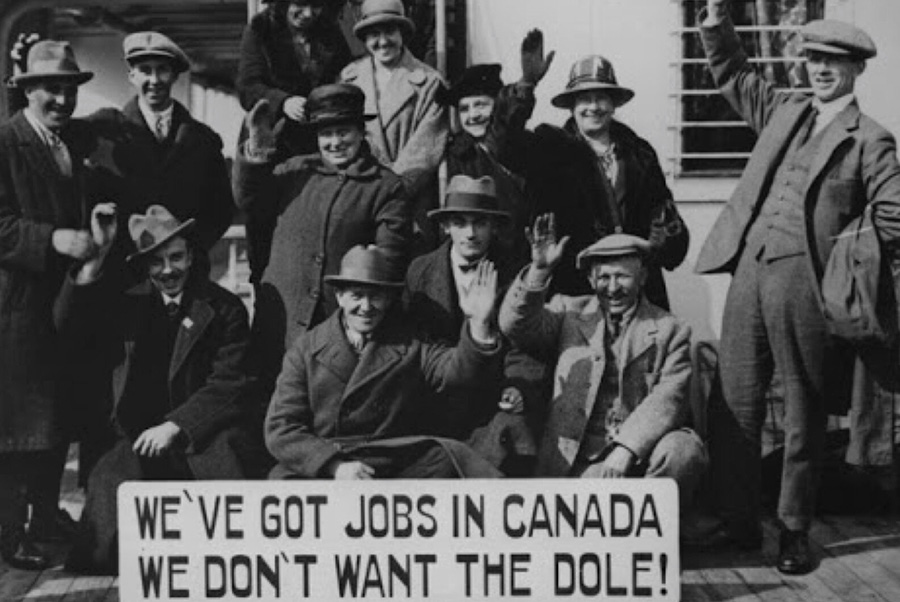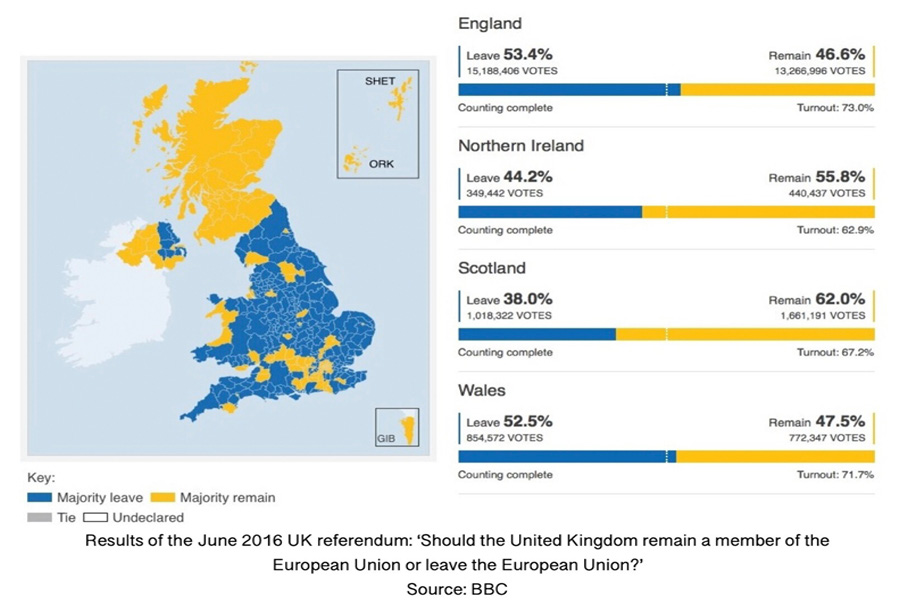UNION BETWEEN ENGLAND
AND SCOTLAND
Overview
| WEEK | KEY QUESTION | CONTENT | FOCUS/SKILL |
|---|---|---|---|
| 1 | Did the national identity of people living in Scotland after 1707 become more British? | Complete overview of events 1707 to now The reasons for Union Rebellions against the Union in 1715 and 1745 Economic development Impact of British Empire World Wars Devolution | Analysis of competing timelines Source evaluation Argumentation |
| 2 | Did people in Scotland after 1707 benefit from the Union with England? | Clearances Industrialisation and deindustrialisation Migration and Empire Political representation | Causation Consequences Source evaluation Argumentation |
| 3 | Does the UK’s decision to leave the EU (Brexit) justify a second referendum? | Representative democracy The EU Politics The Economy | Causation Consequences Source evaluation Argumentation |
| 4 | Is it fair to blame Dundas for delaying the abolition of the slave trade? | Henry Dundas Campaign for the abolition of the slave trade Current debate on the purpose of monuments | Causation Consequences Source evaluation Argumentation |
Did the national identity of people living in Scotland after 1707 become more British?

In 1707, the Scottish parliament, in passing the Union with England Act, voted to abolish itself. But three hundred years later, the majority of Scottish MPs who sit in the British parliament are demanding an end to the Union with England and the revival of Scotland as an independent nation. Why after three centuries are Scots not reconciled to being British?
Did people in Scotland after 1707 benefit from the Union with England?

The current debate about Scottish independence draws heavily on competing narratives of how well Scotland fared in the Union. Was the Union a brilliant merger which allowed Scotland to take an outsized share of the wealth and power created by the British Empire? Or was it a hostile takeover which allowed England to subjugate the Scots and steal their natural resources?
Does the UK’s decision to leave the EU (Brexit) justify a second referendum?

On 31st January 2020, Britain left the European Union. Yet, 62% of the Scottish people had voted in June 2016 that Britain should remain. Does this divergence justify Scottish demands for independence, following in the footsteps of the USA in 1776, Ireland in 1919, or India in 1948?
Or does the earlier referendum on independence in 2014, which came down 55:45 against independence, and which was promised as a once in a generation vote, mean new calls for independence are not justified?
Is it fair to blame Dundas for delaying the abolition of the slave trade?

Dundas (Lord Melville) was a Scottish politician who wielded great power in both Scotland and England in the 1780s and 90s and was honoured with monuments and place names. But should we now change how he’s commemorated given the role he played in the defeat of the 1792 Bill to Abolish the Slave Trade?
